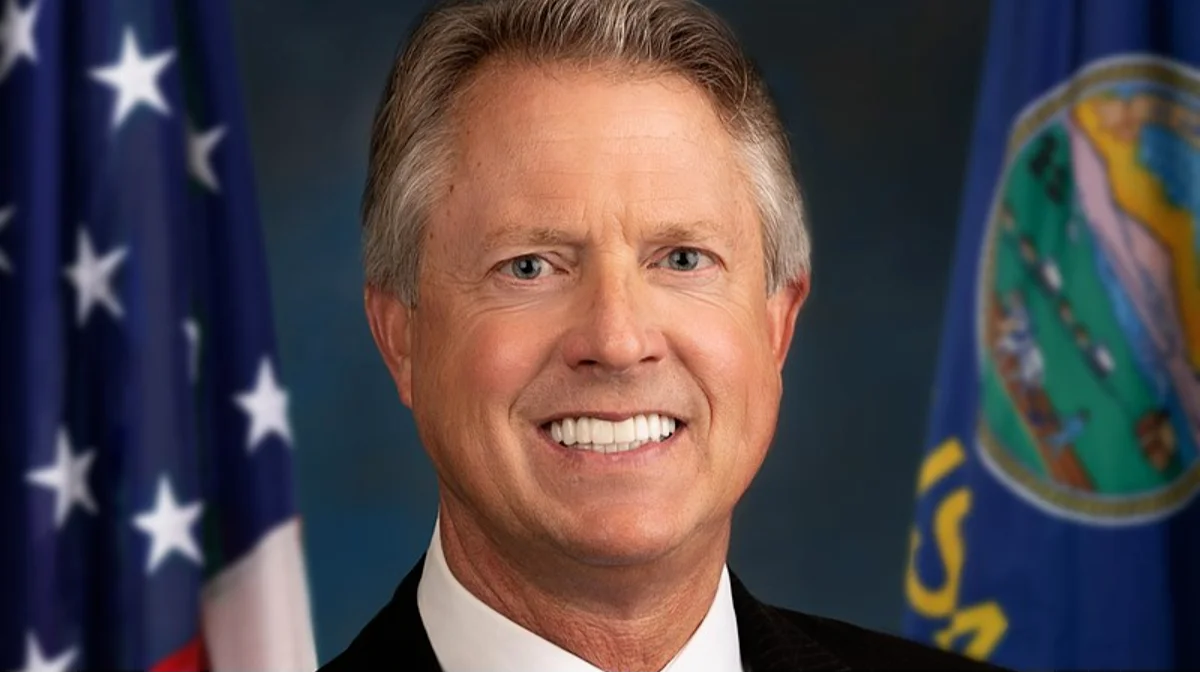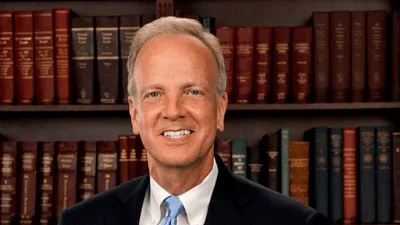Senator Roger Marshall, US Senator for Kansas | Official U.S. House headshot
Senator Roger Marshall, US Senator for Kansas | Official U.S. House headshot
U.S. Senator Roger Marshall, M.D. (R-Kansas), appeared on Real America’s Voice to address concerns about the U.S. pharmaceutical supply chain and the nation’s dependence on China for key drug ingredients.
During the interview with John Solomon and Amanda Head, Senator Marshall described how only about 10% of active pharmaceutical ingredients are made in America. He recounted an experience as a physician when he could not obtain methylene blue for a surgery because it was only available from China, illustrating the vulnerability of the supply chain.
Marshall outlined how Chinese companies gain market control by replicating U.S. technology, undercutting prices, and later creating artificial shortages before raising prices. “No, this is the horrible situation. America makes only about 10% of our active pharmaceutical ingredients. These are the simple things think about, you know, antibiotics, penicillin, ampicillin, Keflex. Think, think about insulin or monoclonal antibodies. These are real simple things, and I think it’s important that your listeners understand how this came to be. What China does is they steal our technology, then they replicate it, they bring it up to scale. Then after they’re up to scale, what they’ll do is they’ll enter the market with a product and undercut all their competition, and after they corner the market, they create an artificial shortage of that particular drug, and then they raise their prices. That’s their model. I saw this as a physician long before I came to Congress. I was doing an infertility surgery, and I asked the nurses, I needed some methylene blue to make sure someone’s fallopian tubes were open, and they said, Oh, Doc, we ran out of it. I said, Well, how come? And they said, well, it’s made in China, and that’s the only place we can get it from now. So these are just a few examples of what we see going on.”
He also raised concerns over lower quality standards in Chinese manufacturing: “Yeah, I do think it’s number one, is we did turn our back away from it. And when they’re the economics of it...why can China make this cheaper than the United States?...They don’t have the same consistency...they also use knockoff drugs...At least 14 people have died in the past year taking this knockoff drug....the last thing you want is cheap healthcare, cheap medications.”
Marshall addressed possible solutions to reduce reliance on foreign-made pharmaceuticals but acknowledged challenges: “Well I'm not sure that there is an easy one....The big cost of the drug that the retail price we're paying is not how much it costs to make it...there's something between the manufacturer and buyer...a pharmacy benefit manager.” He emphasized concerns about impurities and inconsistencies in imported drugs.
On efforts to incentivize American manufacturing through legislation such as his “One Big Beautiful Bill,” Marshall stated: “Absolutely,...Eli Lilly is already doing just that,...quadrupling the amount of API...building more and more of those....The One Big Beautiful Bill is going to let them write off their manufacturing costs over a year's time,...accelerated depreciation,...bring[ing] manufacturing...back to the United States,...the tariffs are driving this as well....Europe has a lot of technology...actively bringing over a lot of that manufacturing to the United States as we speak.”
Marshall also criticized pharmacy benefit managers (PBMs), highlighting their role in increasing drug costs: “So think about a pharmacy benefit manager as someone that's between people who make drugs and then consumer....They’re actually taking about 50 cents of every dollar....three of them controlling 85% of prescription drugs in country....when you have capitalism but no competition,...that leads to uncontrolled greed.” He expressed support for transparency bills being advanced by Senator Bill Cassidy (R-Louisiana) on Senate committees.
To encourage domestic production further Marshall said: “I think first so we have to make it profitable and be able to compete....cheaper is not always best,...The One Big Beautiful Bill...is going to allow setting up these manufacturing plants....We’re going to maintain quality as well....it’s deregulation and setting American entrepreneurs free.”
The issues discussed reflect ongoing national debate over strengthening domestic production capacity for critical medicines amid global supply chain disruptions.



 Alerts Sign-up
Alerts Sign-up